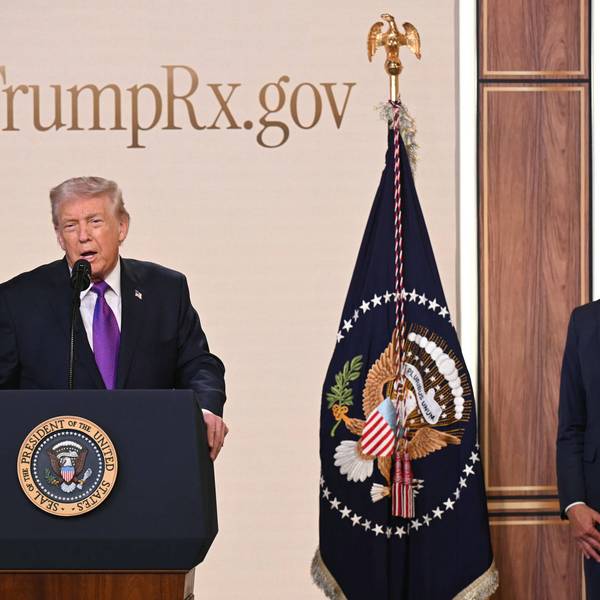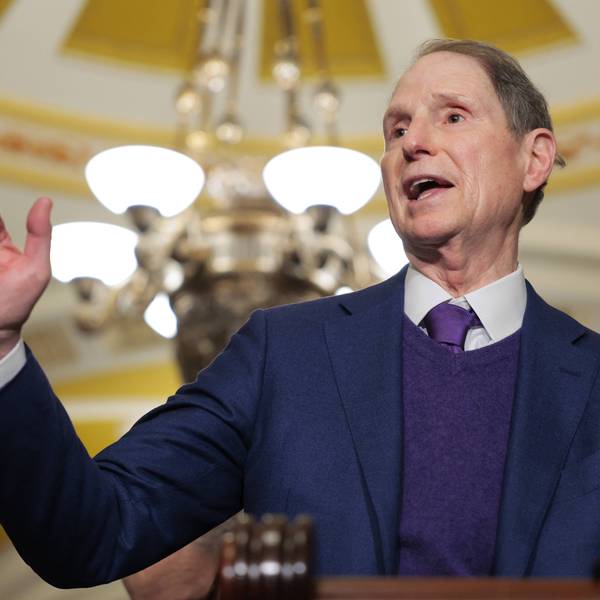The maker of the emergency allergy medication EpiPen, Mylan, on Monday announced a generic version of the drug amid a price-gouging scandal--indicating that, as journalist Sonali Kolhatkar wrote on Twitter, public outrage can create change--but consumer groups say it's too little, too late.
"The weirdness of a generic drug company offering a generic version of its own branded but off-patent product is a signal that something is wrong," said Robert Weissman, president of the advocacy organization Public Citizen, in a statement on Monday. "Today's announcement is just one more convoluted mechanism to avoid plain talk, admit to price gouging, and just cut the price of EpiPen."
Mylan was accused in July of having incrementally hiked its EpiPen prices over time until they reached $600 per two-pen set--a 500 percent increase that was well out of reach for many consumers who need the medical tools in life-threatening allergy situations.
It was also later revealed that the company's executives gave themselves exorbitant bonuses and avoided paying taxes while they jacked up the cost of the medication.
As outrage grew on social media, a movement bolstered by recent efforts to highlight Big Pharma's widespread price gouging, Mylan went on the defensive--first claiming it did nothing wrong by increasing the cost, and this week offering a cheaper off-brand alternative.
But even the generic version is too expensive, critics pointed out, coming in at $300 a set, while Canada's version costs $200 for two sets and France's costs half even that, as Public Citizen noted.
"Mylan executives should be ashamed of themselves," Weissman said. "But even if they are not, they should recognize that the issue is not going away until the company rolls back the EpiPen price."
Sen. Richard Blumenthal (D-Conn.), said Monday that "Mylan may appear to be moving in the right direction, but its announcement raises as many questions as solutions--including why the price is still astronomically high, and whether its action is a preemptive strike against a competing generic. Mylan must be held accountable to lower prices now, stop future price increases, and answer for any past illegal misconduct."
And moreover, Weissman added, the "EpiPen case is not an outlier. It is reflective of out-of-control drug pricing. And the outrage over EpiPen prices is a harbinger of a rising public demand for far-reaching reform over drug prices, reform that restrains Big Pharma's monopoly pricing power."
Public Citizen and several other groups are coordinating an action on Tuesday that will deliver more than 600,000 petitions to Mylan's corporate headquarters in Pennsylvania to demand the company reduce EpiPen prices. The groups, which also include the Western Pennsylvania Coalition for Single-Payer Healthcare, the Thomas Merton Center, and the Consumer Health Coalition, will also call for legislative action to reign in unregulated drug costs.




